The crisis has been an unprecedented stress test for business continuity. Relationships with suppliers and partners in investment operations are now under more scrutiny than ever as institutions ask if, like Goldilocks, they have too many, too few or just enough partners for the new way of working.
Cyber security is now a huge concern as more and more systems and processes move to remote sites and to the cloud. Phishing attempts have become more sophisticated and investment institutions are doubling down on their efforts to manage the risks of having hundreds and possibly thousands of satellite and home offices.
90% of an organisation’s assets are its employees, and work life has changed beyond all recognition. To ensure creativity is maintained and to be a better place to work, asset managers and asset owners will have to decentralise their decision making, empower their workforce and build more flexibility into their way of working.
Environmental, social and governance factors have shot up the agenda since the crisis began. Responsible investing is fast moving from an idea to a belief, and as it becomes normalised it will likely define the winners and losers of tomorrow.
The pandemic has affected how investment organisations think about outsourcing vs insourcing, and hybrid models. Its sudden arrival had an immediate effect on businesses, testing their systems, processes and competencies, and the strength of their relationships with external partners and suppliers.
Communication with outsourced suppliers has become critical in recent months. Providers have become more aware of and involved in client operations and are looking to be the ‘secret sauce’ for customer success. Clients are performing much more due diligence on what they need from service providers.
Outsourcing is about much more than cost savings. In the current environment outsourcing of business processes and analytics can result in efficiencies in scale and as a way of exposing staff to new skills and tools. It can also free up employees to work on core business functions.
Services requiring knowledge and the ‘human factor’ are seen as core to the investment business and are, to a large extent, being retained in-house. The client experience for investment institutions remains critically important, especially amid the current uncertainty.
Environmental, governance, and social factors look set to redefine the path to growth for investment institutions in the years to come.
Data is now viewed as a major corporate asset by both asset owners and asset managers. How it is gathered, measured, protected, and leveraged will play a key role in future growth. Lack of data should never be an excuse for poor performance.
The outlook on outsourcing is shifting as organisations seek out partners who can bring experience and expertise, enhance competitive advantage, and work hand-in-hand with investors as they seek scale and growth.
Growth plans are being revised and refocused by the new working from home dynamic. Investment organisations are now considering different models and work practices, and seeking out greater racial, gender and geographical diversity amongst the workforce.
Artificial intelligence and machine learning look set to dramatically change the business of investment into the future, providing huge opportunities for scale and diversification.
M&A in asset management is expected to grow in 2021 and beyond. Though valuations are difficult in the current market, recent surveys suggest that around 50% of asset managers expect greater consolidation across the industry in the next 10 years. The question remains as to whether firms need to be bigger to effectively compete, and how boutique organisations will fit into the evolving landscape.
The key drivers influencing consolidation in the industry include increasing regulation, pricing and fee pressures, and product targeting. Profitability is also a major factor as margins look set to fall, despite a widespread increase in assets under management.
More subtle drivers include the need for asset managers to adapt their operating model to reflect the changing demands of the business, particularly in terms of digitisation, disruption and distribution.
The targets for M&A are likely to adapt to the market environment. While in the past the focus has been on acquiring capabilities in passive asset management, it is likely that future consolidation, particularly after the experience of the pandemic, will seek to capitalise on the opportunity to differentiate perhaps by moving into private and or retail markets, and/or to expand distribution networks.
Value creation, incorporating financial and operational synergies, client retention, capability building and technological and cultural integration, is one of the most important measures of success for a merger or acquisition. Missing in the current environment is the face to face interaction traditionally key to executing a successful deal.
OVERVIEW
In a series of live webinars hosted by the Financial Times in partnership with State Street, this virtual event gathered investment leaders to discuss the operational impact of the pandemic to date, and the lessons learned to weather the storm and plan for the move from volatility to value.
The business of investing has been hit hard by COVID-19. Not only has the pandemic severely rocked markets, prompting a potential recession, it has also presented asset owners and asset managers with unprecedented challenges in managing risk, liquidity and operational resiliency. Against this background, and facing into an equally uncertain outlook, how are institutional investors reacting and what should be their next steps to ensure they are prepared for the road ahead?
Sessions
|
LESSONS FROM THE CRISIS:
Managing risk and building resilience in investment operations
|
|
INSOURCING VS. OUTSOURCING:
Finding the optimal model for investment operations
|
|
Thursday 3 September 2020
On-demand video, now available
In the first of this series of live webinars, join
investment leaders to discuss the operational impact of the pandemic to date, and
the lessons learned to weather the storm and plan for the move from volatility to value.
|
|
Wednesday 30 September 2020
On-demand video, now available
The second webinar in the 'Volatility to Value' series will analyse the key issues when considering the insourcing and/
or outsourcing of investment operations. Our expert panel of speakers will separate fact from fiction in weighing up the pros and cons of each approach.
|
|
|
||
|
|
|
|
|
SCALING-UP:
Identifying new growth paths for institutional investors
|
|
CONSOLIDATION IN ASSET MANAGEMENT:
Are we at a tipping point?
|
|
Friday 23 October 2020
On-demand video, now available
Growth will be the focus of the third discussion in this series. Our distinguished speakers will explore the resources, business models and strategies being prioritised to harness potential and ensure long-term viability and survivability in a complex investment landscape.
|
|
Tuesday 17
November
2020
On-demand video, now available
The fourth and final webinar of the 'Volatility to Value' series will assess the outlook for consolidation in the asset management sector. Is it the right environment to look to expand or merge? Join us to discuss the key steps to creating and executing a winning deal as market uncertainty persists.
|
|
|
||
|
|
|
|
|
|
|
|
OUR SPEAKERS
KEY TAKEAWAYS
LESSONS FROM THE CRISIS: Managing risk and building resilience in investment operations
INSOURCING VS. OUTSOURCING: Finding the optimal model for investment operations
SCALING-UP: Identifying new growth paths for institutional investors
CONSOLIDATION IN ASSET MANAGEMENT: Are we at a tipping point?

PREMIER DIGITAL EVENTS SUPPORTED BY THE WORLD'S BEST JOURNALISM.
FT Live events keep you connected and informed in an uncertain and constantly changing world. Using leading digital technology, we have now taken our content, global audience reach and engagement to a new level through a series of unmissable virtual events. Our compelling programmes, chaired by respected FT journalists, feature the most senior and thought-provoking decision-makers in business, finance and politics, all accessible from your office or home.
If you are interested in receiving event updates, exclusive invitations and carefully curated content from Financial Times Live please register here >
© Financial Times Live
FT Live and its journalism are subject to a self-regulation regime under the FT Editorial Code of Practice
